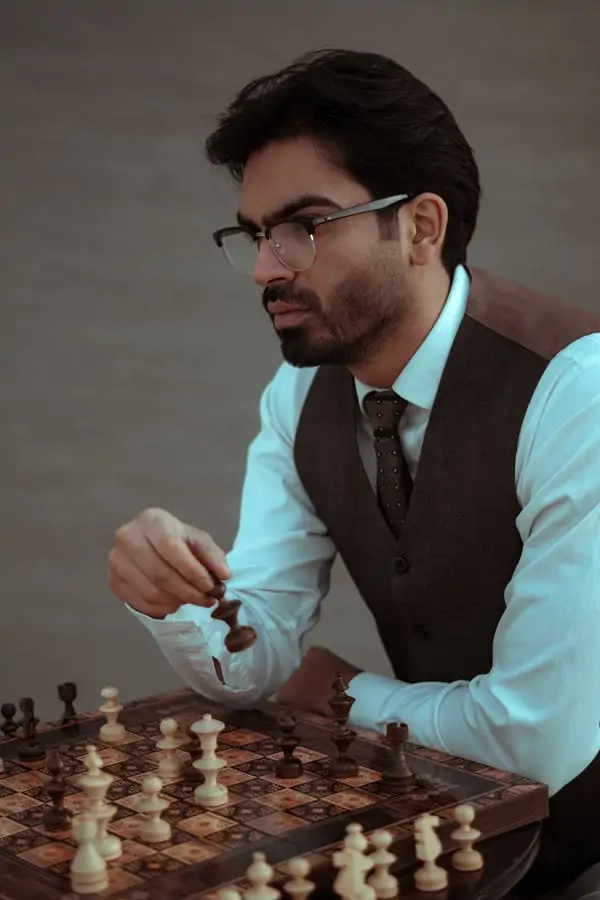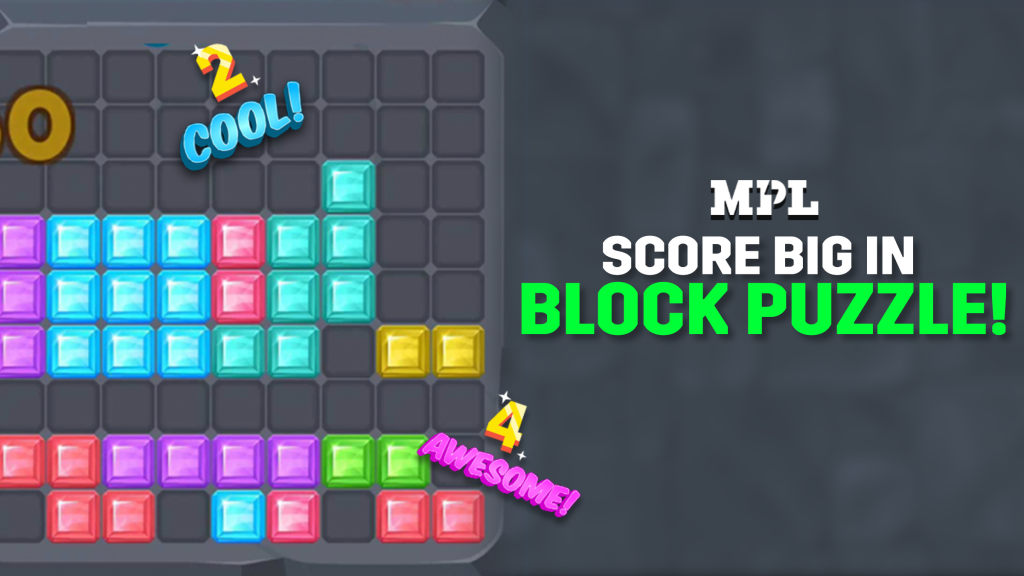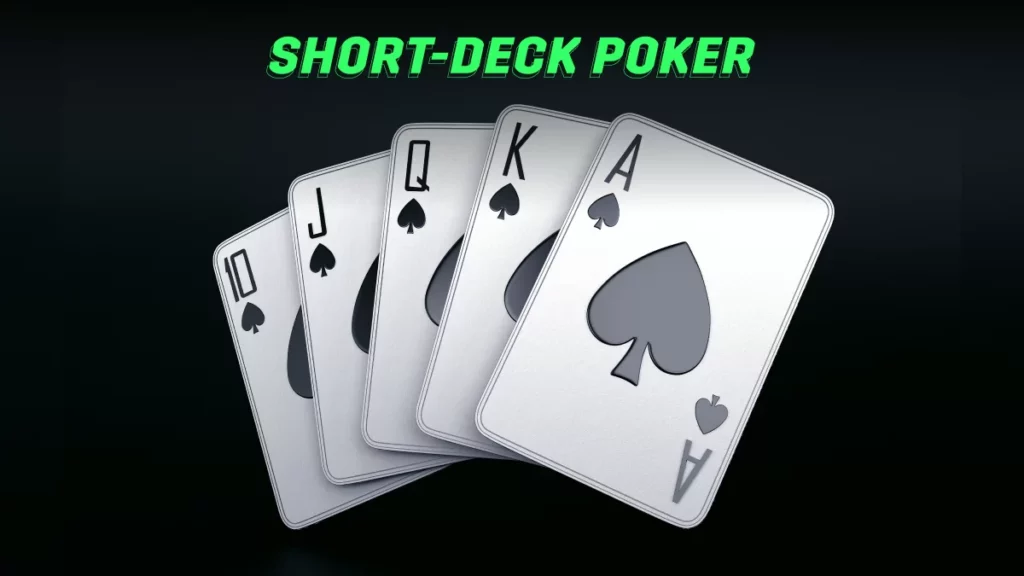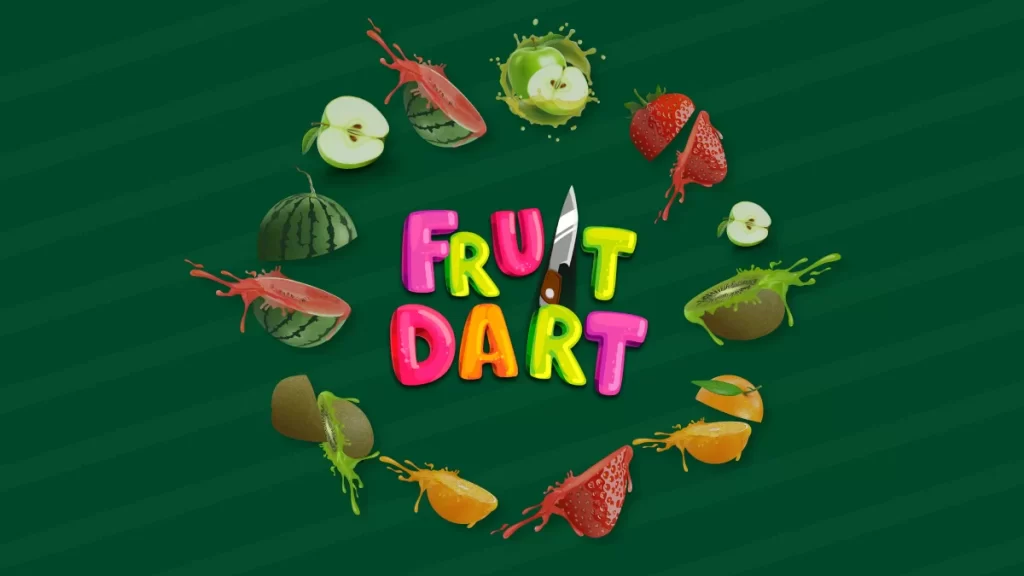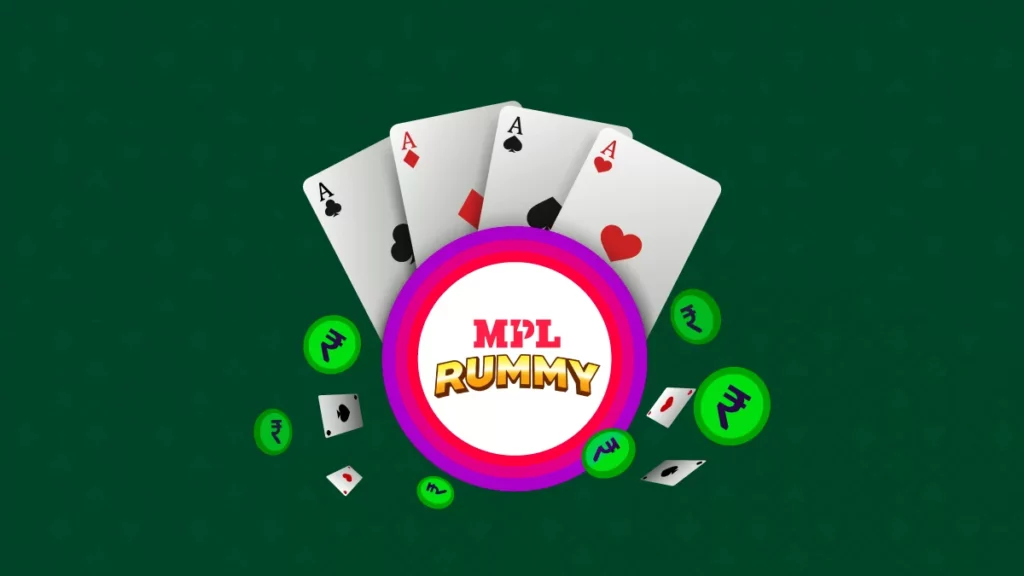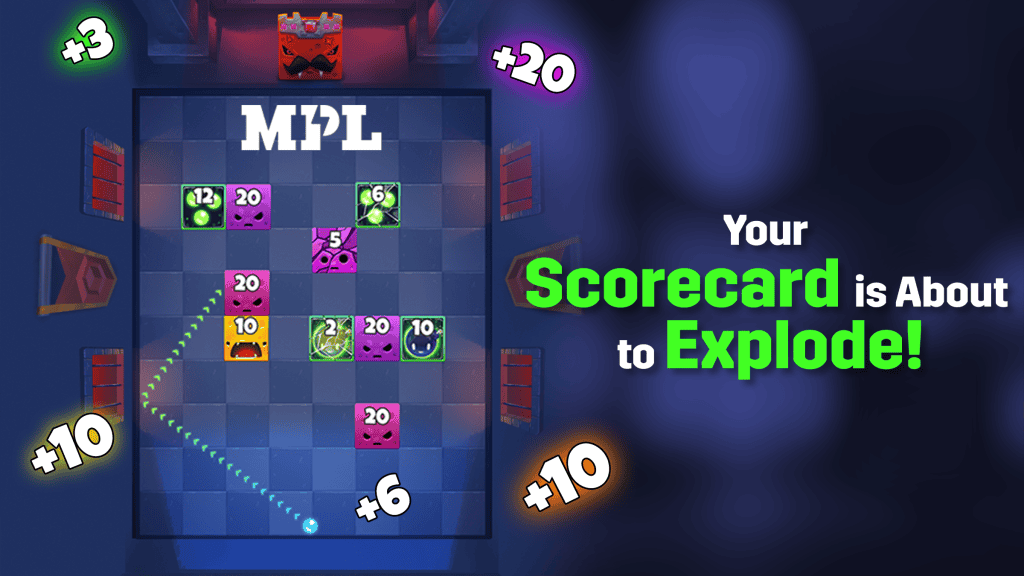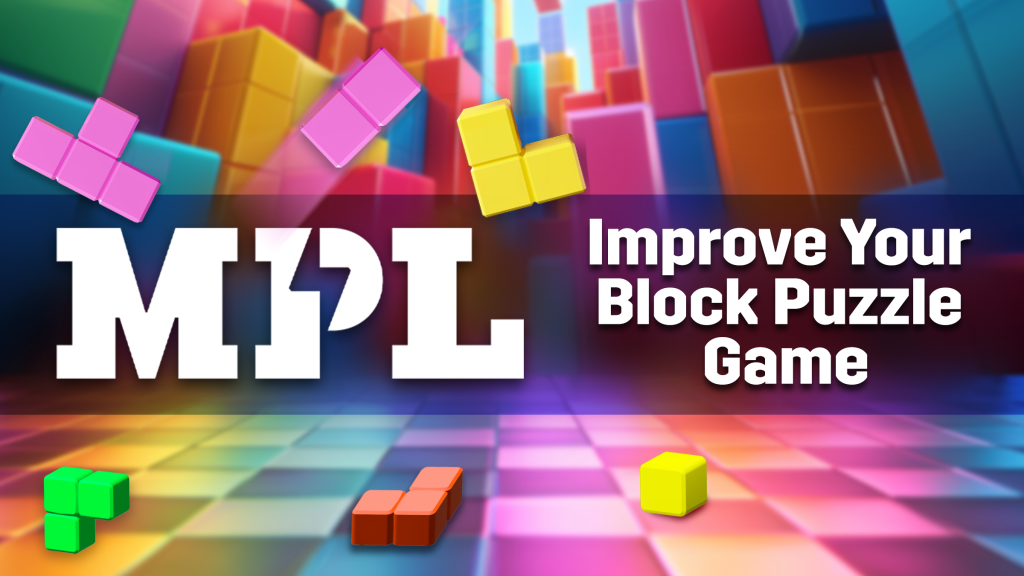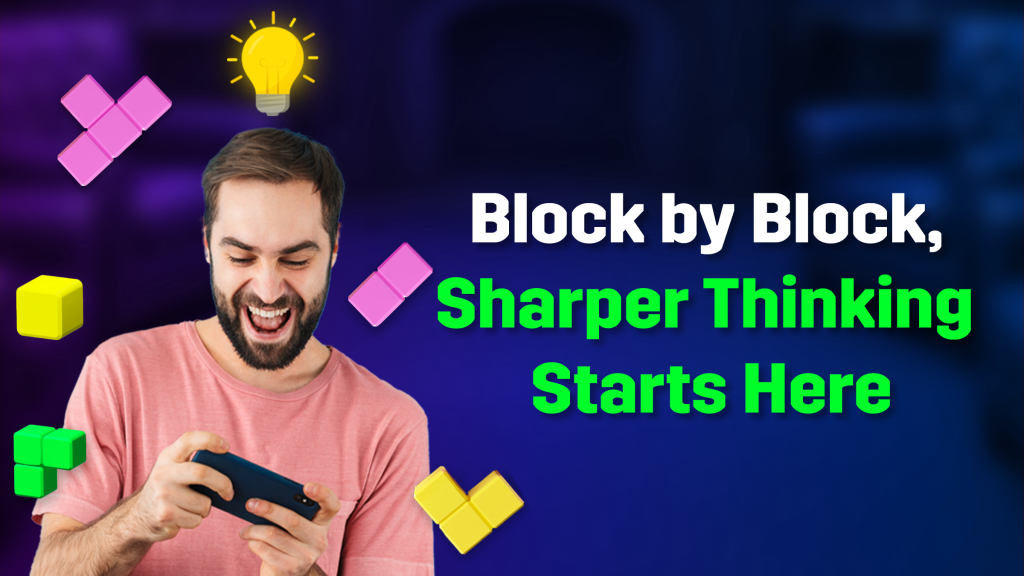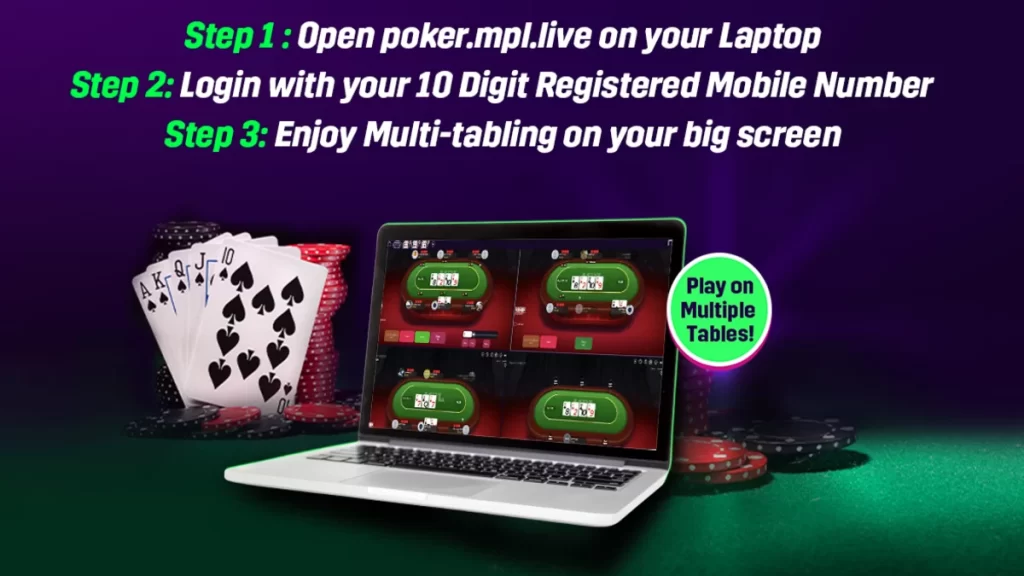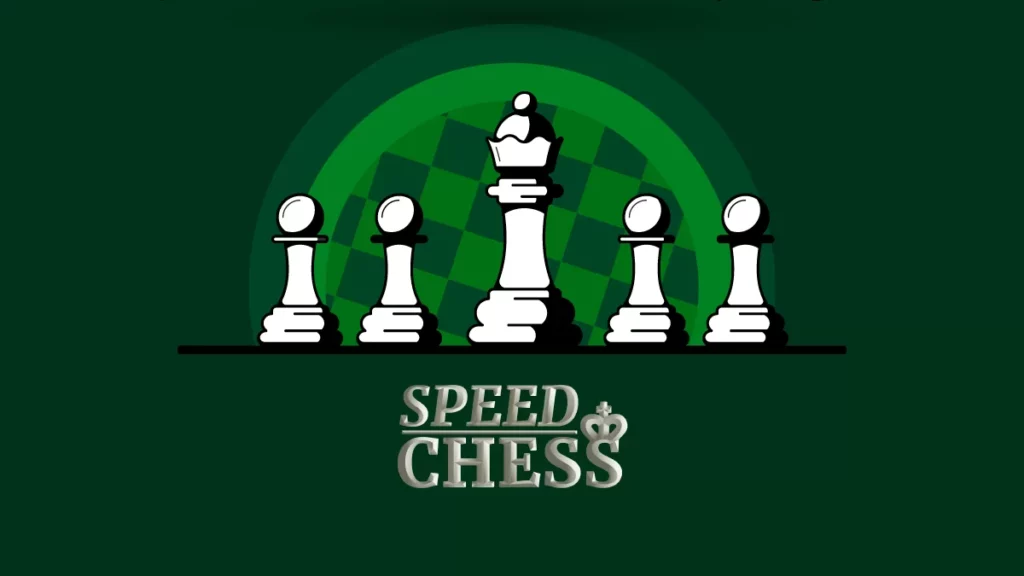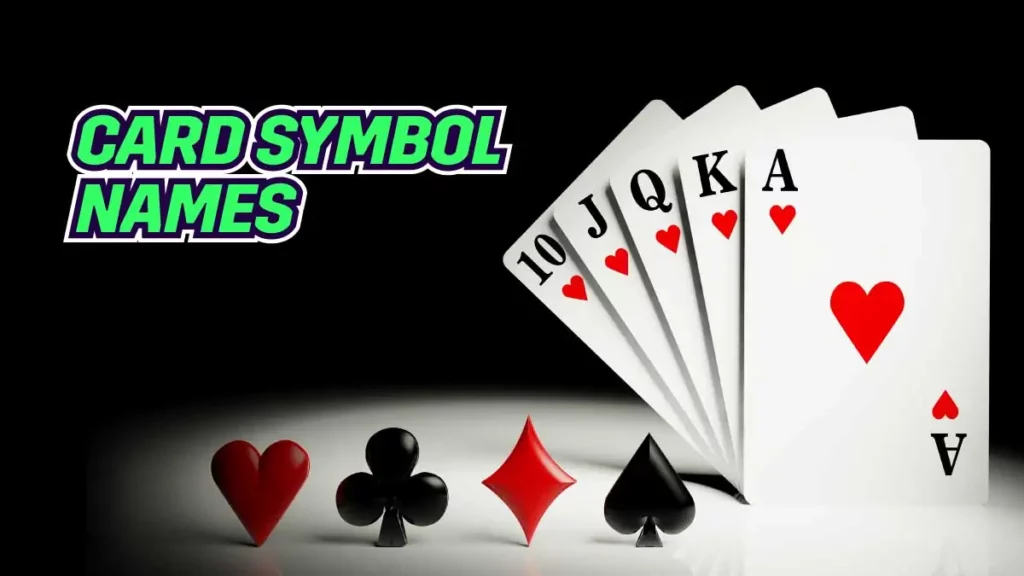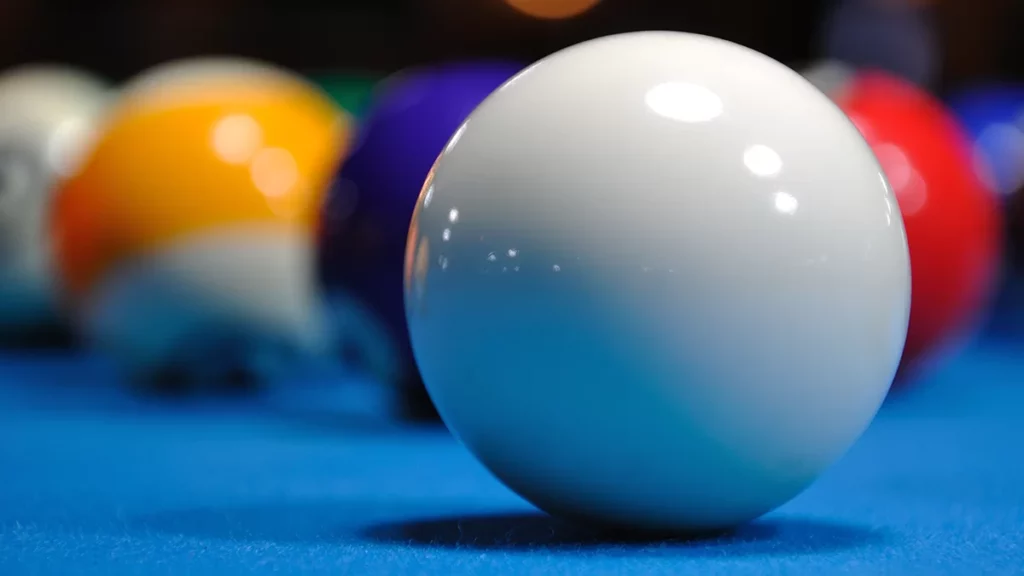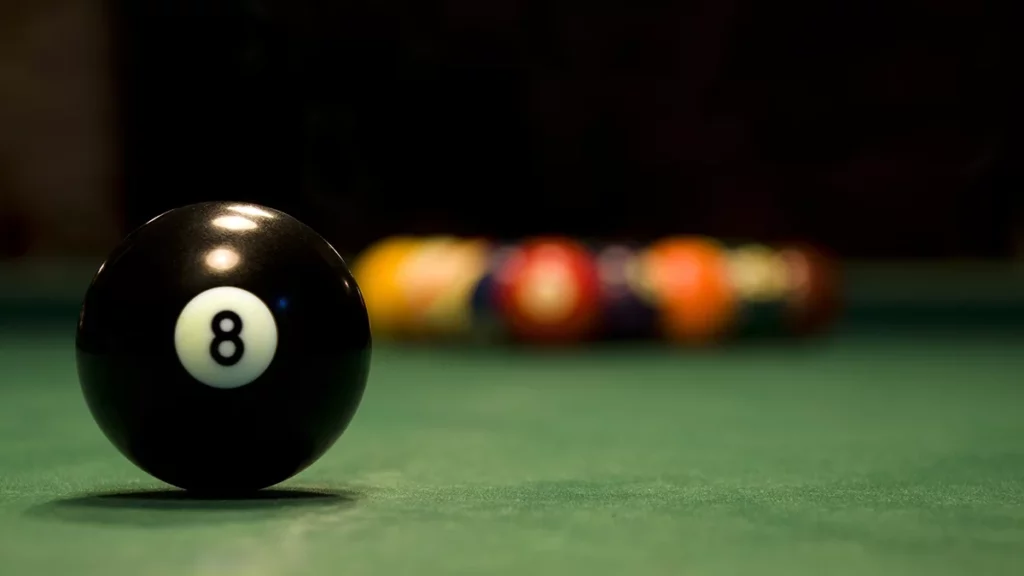Page Contents
ToggleCalculation is an essential aspect of winning in chess. Learn to visualize moves, solve puzzles, understand tactics, and practice Speed Chess on MPL to sharpen your skills.
Do you often find yourself stuck thinking about the right move in chess matches? Or worse, making a move and realizing later what your opponent had planned? This is where chess calculation comes in. Chess isn’t just about making good moves; it’s about thinking ahead and planning your moves in advance.
With MPL Speed Chess, you can practice fast-paced decision-making, test your chess strategy under pressure, and compete with real players for exciting rewards. This is the perfect game to improve your chess calculation skills!
What does Calculation mean in Chess?
Being able to calculate in chess means you can foresee several moves ahead. It’s like picturing several moves in your head, and evaluating:
- What moves your opponent can make
- What are your best responses
- Where each sequence of moves will lead
Why it matters in MPL Speed Chess: In the fast-paced Speed Chess games on MPL, every second counts. A strong calculation will lead to fewer mistakes, faster moves, and better results.
Let’s learn a few tips and tricks to get better at calculating your chess moves like a pro.
Tips to Improve Your Chess Calculation Technique
When it comes to chess calculation skills, there are several factors you must consider. Your game will improve significantly after following them:
- Start With Your Opponent’s Last Move
- Focus on Forced Moves
- Improve Visualization Skills
- Solve chess Puzzles
- Play Speed Chess Games
- Use the Elimination Method
- Following Online Tournaments
- Practice your chess games under a time limit
- Understand Patterns & Complicated Positions
Start With Your Opponent’s Last Move
Repeating all the calculations every single time after your opponent makes a move is a waste of time and will put unnecessary pressure on your brain. Considering that you’ve already done your calculations in your previous move, you will know something about the positions.
Ask yourself:
- What did that move change?
- What are they threatening?
- What squares became weak or strong?
Here’s a simple example demonstrating the consequences of white’s last move to help you find the best response.
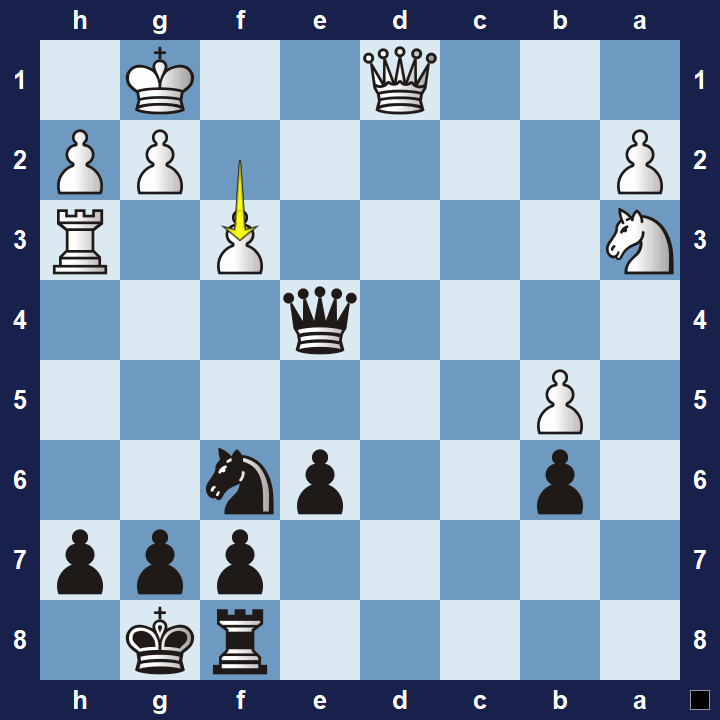
White just played f3. How will an effective calculation technique reveal a good reply?
By observing the consequences of whites’ move, blacks’ best response will become apparent!
The consequences are:
- White is threatening to capture black’s queen. (The queen should probably move.)
- The e3-square becomes unprotected. (The queen could go there.)
- The white king becomes vulnerable to a check on the g1-a7 diagonal. (An exposed king is often a tactical target.)
- The f3-pawn obstructs the connection between the Ra3 and Na3, which implies Na3 is now undefended. (An unprotected is also a tactical target.)
Surely you can see how, by simply observing the consequences of white’s last move, you can easily find the move Qe3+, followed by Qxa3.
Always know the importance of your opponent’s last move to go for the next move. This will improve your chess and your calculation abilities.
In summary:
Depending on your opponent’s last move, it shows the final position. You have to recognise those changes immediately and see how those calculation skills reflect in your game.
Focus on Forced Moves
You must understand that only some and not all moves should be calculated. In short, calculate only the forced moves. Avoid spending time on moves that don’t pose a clear threat.
There are three kinds of forcing moves:
| Forcing Moves | What They Do |
|---|---|
| Checks | Force a reply |
| Captures | Threaten material |
| Threats | Make your opponent react |
What are Forced Moves and Non-Forcing Moves?
A forced move threatens the opponent to defend it or give up a pawn. A non-forcing move does not make an imminent threat. Therefore, the player has the choice to make numerous decisions. There is a limit to the calculating variations in forced moves. As you reach the middle game, the positions become more complicated, and the number of forcing moves increases. Here, your chess calculation skills are put to the test.
There is no point in calculating all the non-forcing moves; put your training process and the chess principles you have learned. This is a pattern recognition technique that every player should know.
In summary:
Go for calculating forced moves, as precisely as possible. Stick to chess principles and strategies for the non-forcing moves.
Pro Tip: In Speed Chess, knowing when to stop calculating and trust your tactical instincts is key.
Improve Visualization Skills
Not everyone can visualize the outcome of the positions that result from a player’s move. If you have the power of visualization, making the correct moves in chess will be child’s play. You must see them clearly and accurately to see the implications yourself. The benefits of this practice are obvious.
Visualization = seeing the board in your head without moving pieces.
If you can play a full game without seeing the board and without making fatal mistakes, it is excellent news. Many errors occur because we forget where a piece was after calculating 3-4 moves ahead.
How to Improve Your Visualization Skills:
- Solve endgame puzzles without a board
- Use tools or MPL practice games
- Try playing short blindfold games
The better you visualize, the deeper you can calculate.
In summary:
The more you can visualize your chess moves, the better it will be in the actual game. Some online tools can also help you improve your skills.
Practice With Chess Puzzles
An often overlooked practice, solving chess puzzles, is the way to improve your chess calculation skills. Many believe that since the move is composed, there is not much to learn. This is not true. Solving chess puzzles will change how you imagine your next move, and that will be extremely helpful in a real game. It teaches pattern recognition and builds muscle memory.
Where to start:
- Take up online or offline puzzle challenges
- Solve theme-based puzzles (pins, forks, double attacks)
- Challenge yourself with time-bound drills (solve 5 in 10 minutes)
Play Speed Chess Games
Along with solving chess puzzles, your calculation skills will upgrade significantly if you play fast-paced chess games regularly. Games like MPL Speed Chess push you to calculate quickly under pressure. Your chess calculation skills will upgrade considerably if you play these games regularly.
How Speed Chess Helps:
- Trains your instincts
- Sharpens tactical awareness
- Rewards decisive thinking
Use the Elimination Method
Instead of looking for the best move, rule out the worst. Most players look for virtues in a move. Instead, focus on addressing the flaws it has. If your opponent makes four moves and you have refuted three of them, then you have a clear choice. Even if you are unfamiliar with the consequences of the fourth move, you know that the player will lose because of the earlier three moves.
How it works:
- If there are 4 options and you rule out 3 bad ones, you’re already ahead
- Helps simplify complex positions
Follow Online Tournaments for Insight
You can stream most chess tournaments on digital or broadcasting platforms. These platforms convey what is happening in real-time. Get used to thinking for yourself and trying out the moves for yourself. Sometimes, your calculations will be similar to those of highly skilled players. Watch how Grandmasters think in real-time and compare it to your thoughts.
What to observe:
- How they respond to threats
- How fast they make simple decisions
- What tactics repeat often
Practice your chess games under a time limit
Set a time control while solving endgame puzzles. Start with 15-20 minutes and get it down to ten minutes as you progress. In today’s times, it is not only important to play well but to play at a blinding speed. Making the right decisions under pressure gives a significant boost as a player in matches and tournaments.
Understand Patterns & Complicated Positions
Knowing patterns and understanding complicated positions leads to a good chess game. The patterns are referred to as “themes” or “motifs.” Studying all the moves will refine your chess calculations. Moreover, this way of study will help you notice interesting and new forms of chess tactics.
But why is this important to your calculation technique? The point is that a well-developed tactical skill will increase your ability to recognize potential tactics based on certain position features, which will guide your calculation process in the right direction. This means you won’t lose as much time and energy calculating irrelevant variations that lead nowhere.
In summary:
Your tactical skills should support the accuracy and speed of your calculation skills.
Book Recommendations
Want to go deeper? Here are the top chess books to improve your calculation skills:
- Perfect Your Chess – Volokitin & Grabinsky
- Grandmaster Preparation: Calculation – Jacob Aagaard
- Mastering Chess Middlegames – Panchenko
- Recognizing Your Opponent Resources – Mark Dvoretsky
Don’t just read, but also practice what you learn.
Summary
To improve your chess calculation skills:
- Focus on forcing moves
- Visualize positions
- Practice under time pressure
- Play fast-paced speed chess games on MPL
- Review and refine solving puzzles
Ready to level up your chess skills? Download the MPL app, play Speed Chess games, and start calculating your way to real rewards!
FAQs
Is calculation the most critical skill in chess?
Calculation is one of the most crucial chess skills, especially in Speed Chess, where time is limited. It allows you to anticipate your opponent’s responses and make the best moves faster to gain an upper hand.
Can I practice chess calculation on MPL?
Absolutely! MPL offers Speed Chess games where you can test and improve your calculation skills in fast-paced matches against real players.
What’s a forced move?
A forced move demands an immediate response, such as a check or a piece capture. It can limit your opponent’s choices and help you predict their responses more accurately.
How do I know what to calculate?
Focus on moves that force action, such as checks, captures, and threats. Avoid overanalyzing passive moves. Prioritize moves that change the position dramatically or require an immediate response.

